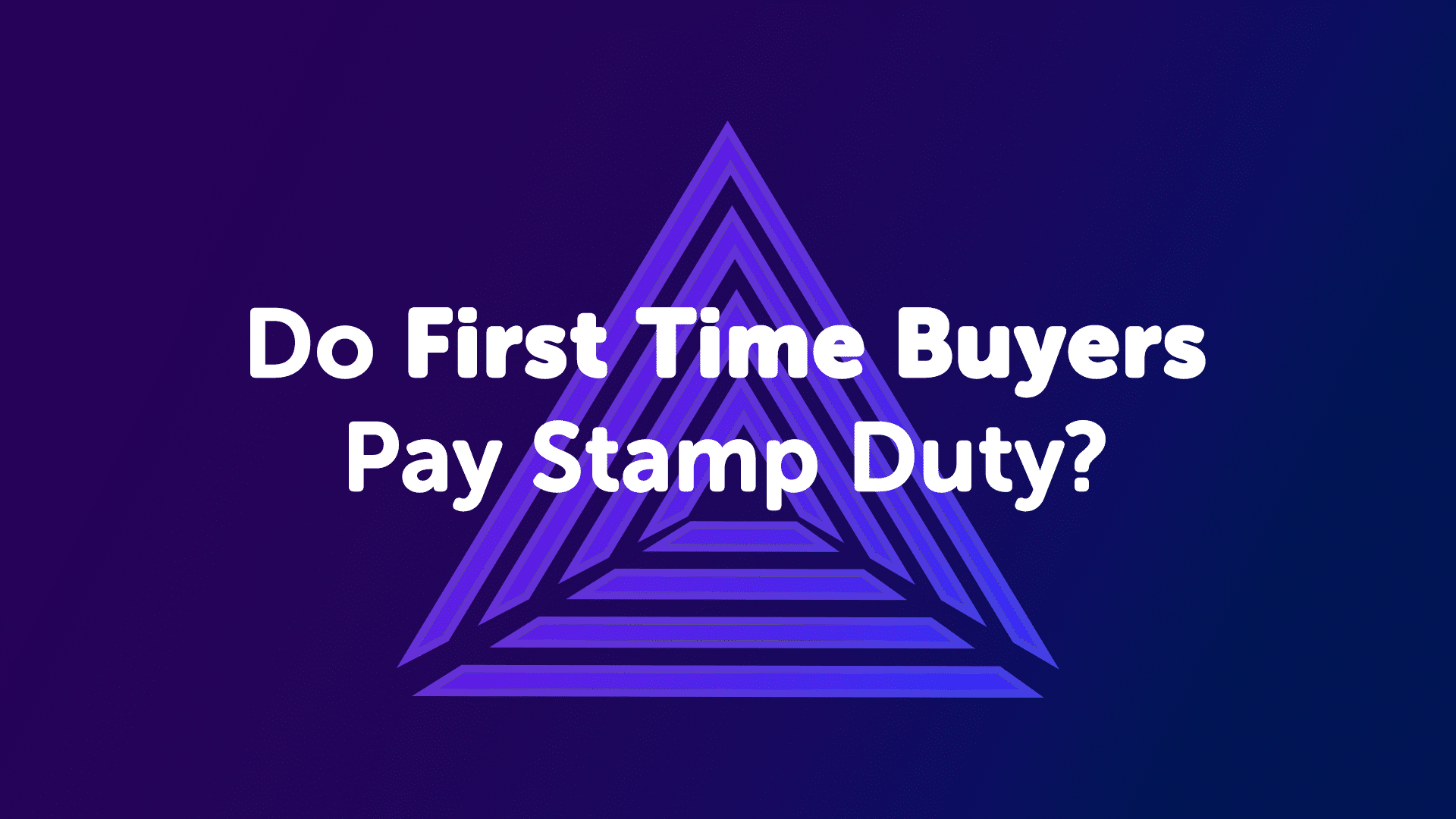Whether you are looking to remortgage in Lincoln or are a first time buyer in Lincoln, when lenders ask for your bank statements you can expect them to look for various different things. However, their one objective that stands above all, is their job to assess whether you are the sort of person who manages money responsibly and therefore likely to maintain regular mortgage payments.
So, with regards to gambling, what questions do we need to answer in particular?
- What has it got to do with the Lender whether l gamble or not?
- What can I do to improve things?
- I’ve got gambling transactions on my recent bank statements – is it still possible to get a mortgage?
- Is there anything else Lenders wouldn’t want to see on my bank statements?
What has it got to do with the Lender whether l gamble or not?
Whether you have an annual flutter on the Grand National or a regularly use internet betting sites, clearly there is nothing illegal about properly licensed gambling.
With many of the bookmakers advertising on mainstream TV and radio, a lot of people see gambling simply as a mainstream hobby or pastime similar to many others.
However, it shouldn’t be forgotten that even the gambling advertisers urge customers to “please gamble responsibly”. This is the key to bear in mind when applying for a mortgage.
Thus, whilst it is not a lender’s job to tell you how to live your life. How to spend your money or indeed to moralise on the ethical rights and wrongs of gambling. They do have a duty (underscored by mortgage regulation) to lend responsibly.
Lenders need to prove to the regulators that they are making prudent lending decisions. So it isn’t entirely unreasonable of them therefore to expect the people to whom they lend to adopt a similar approach when it comes to their personal finances.
I’ve got gambling transactions on my recent bank statements – is it still possible to get a mortgage?
As touched upon previously, it is not illegal to gamble. Just because you have the odd gambling transaction on your bank statements, you won’t necessarily immediately be declined for a mortgage.
It is however, up to lenders discretion as to whether or not these transactions are reasonable and responsible. Thus they will particularly look at the frequency of these transactions, the size of the transactions in relation to the person’s income and the impact upon the account balance.
If these transactions are infrequent small amounts that make no significant impact on a regular credit bank balance, then they are not likely to be regarded as important.
Is there anything else Lenders wouldn’t want to see on my bank statements?
As we’ve seen, basically lenders are looking at your bank statements to show how you manage your money. To help them establish whether this gives them either the confidence that you are financially prudent or the evidence that you are not.
Remember, lenders are financial institutions. They, either directly or as part of a wider group, often sell current accounts, overdraft facilities credit cards and personal loans. So they understand that these things can all play a part in prudent financial planning.
The key for a mortgage applicant is how these facilities are managed. For example, having an overdraft facility and occasionally using it, is not inherently a bad thing; regularly exceeding the overdraft limit – not so good.
Thus, lenders will look for excess overdraft fees or returned direct debits. This is because these would normally show that the account is not being well conducted.
What can I do to improve things?
The simple answer is – be sensible and, if possible, plan ahead. Typically, a bank would ask for up to three months of your most recent bank statements that show your salary credits and all your regular bill payments.
Thus, if you know you’re likely to want to apply for a mortgage in the not-too-distant future, try to make sure that you avoid any of the above pitfalls.
Take a break from gambling for a short while and work on presenting your bank account in the best possible light. Your mortgage broker can help you as there are some lenders who may ask for fewer bank statements than others or indeed some may not even ask for them at all.
Date Last Edited: January 15, 2025













